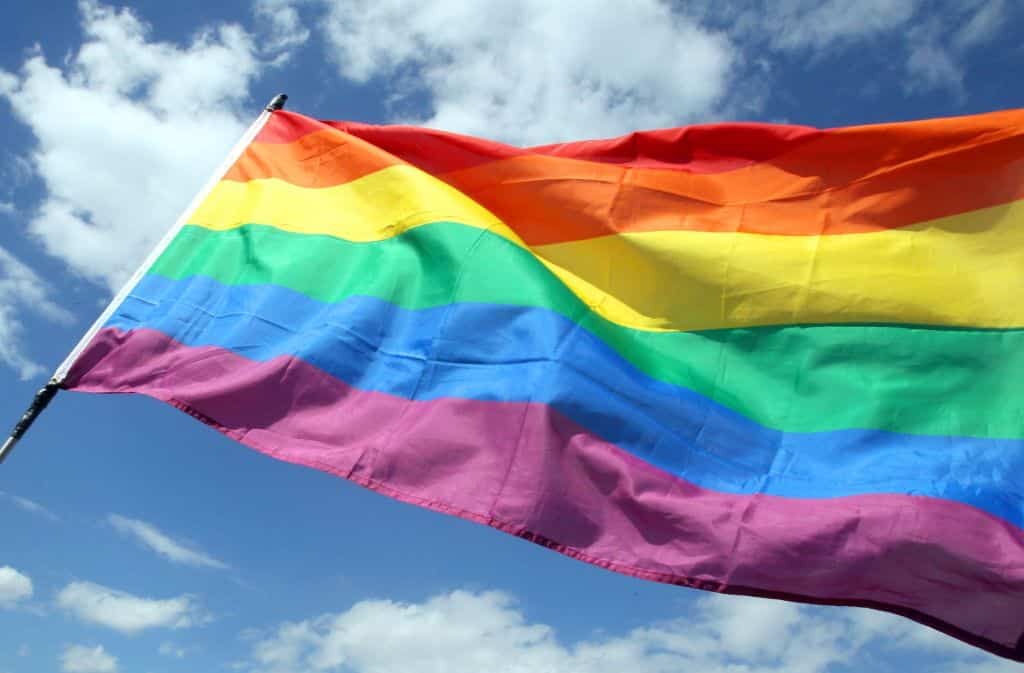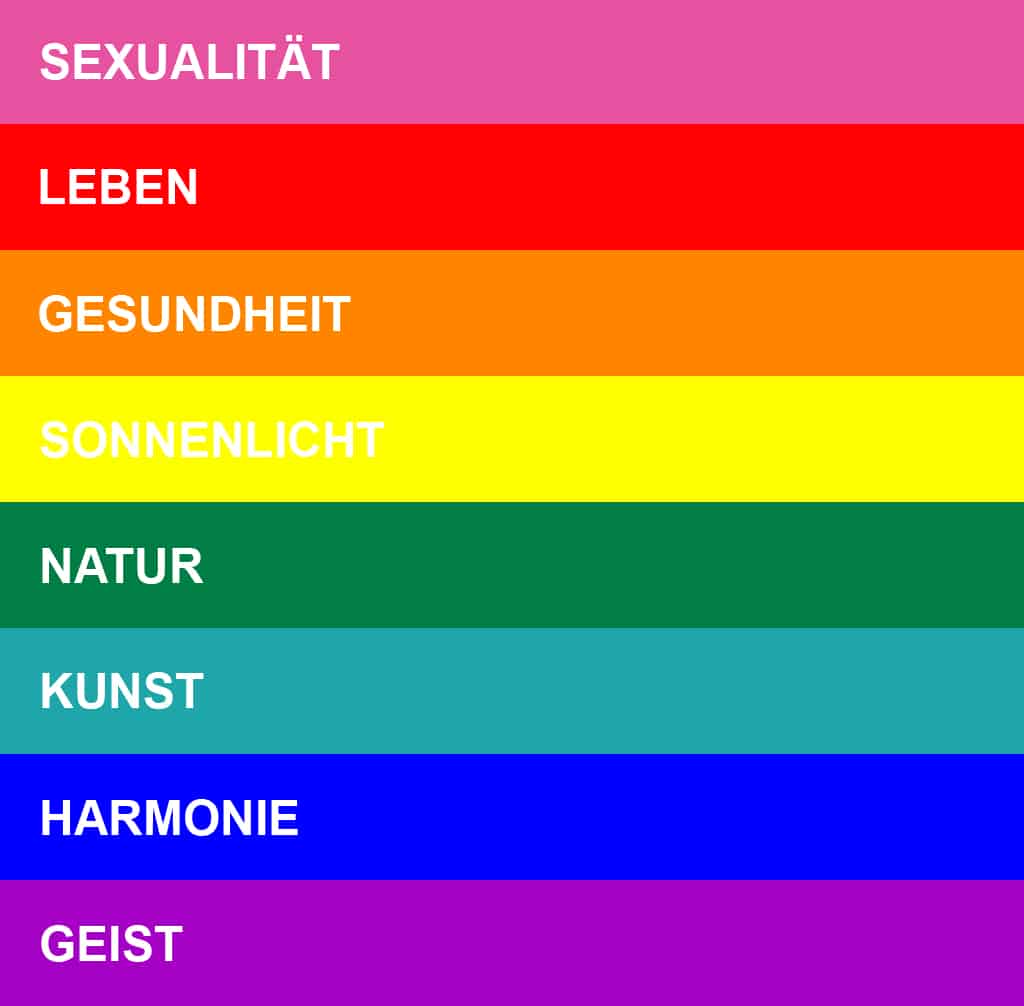More than "just" rainbows - what is actually behind the rainbow flag?

Those who see them often think without diversions of the proud, homosexual people of this world who stand up for their rights every day: the Rainbow flag. No other sign is as strongly associated with the community as this symbol, which is now even steeped in history.
The rainbow flag is a strong symbolic tool, especially at parades and demonstrations such as Christopher Street Day, which works on several levels and not only has a high recognition value.
This is much more about standing by one's own sexuality and at the same time also promoting a tolerant world. Therefore, after all these years, it still waves proudly and defies any discrimination.
Today, the flag with its characteristic colours is considered international. But this was not always the case. Why did it become the symbol of an entire movement?
The rainbow in history
The rainbow and its meaning underwent a change over time. In fact, the focus changed several times.
For example, the flag with the familiar colours was considered a symbol of the German Peasants' Wars and symbolised hope and change or the hope FOR change.
Even the Inca Empire is said to have used the rainbow design in its flag.
The design of the Armenian flag is also said to have carried the familiar colours, but in the end the red-blue-orange tricolour prevailed.
It was not until the 1970s that the rainbow became the symbol of homosexual Scene used. Actually, it was in 1977 that Harvey Milk was commissioned to create a symbol that would represent the pride, attitude to life and rights of the LGBTQ community should be expressed.
He chose the rainbow and its meaningful symbolism. In the same year, the flag was awarded a prize at a parade and quickly became known beyond the country's borders.
The rest is history - but a history that continues to be written today.

The colours of the rainbow and their meaning
Have you noticed? Unlike the natural rainbow in the sky, the Queers' rainbow flag contains only six - instead of eight - colours.
Each colour is characterised by a special meaning.
While red stands for life, orange for health, yellow for sunlight and green for nature, blue symbolises harmony and purple the spirit. It would therefore be wrong to see the rainbow flag exclusively as a "symbol of queer love" without daring to look at the - quite exciting - details.
Overall, the rainbow stands for a mix of departure, change and peace. It symbolises tolerance or acceptance and appreciates the diversity of life forms in different variations.
Because of this multiple meaning and the different ways of interpreting it, it is not surprising that homosexual people have chosen the rainbow to proudly present their sexuality and thus stand up for their ideals - among others also in the field of diversity.
By the way: the rainbow flag is now also known to be used by heterosexual people who want to show their commitment within the scene.
Six colours instead of eight - why is that?
Now and then we read of plans for the rainbow flag to change from its six colours to the originally envisaged eight colours.
The reason: pink in particular was not producible for a long time, or only with difficulty. Now that exactly that is possible again, pink and turquoise could be officially added back.
Only time will tell what one of the most famous flags will look like in the future. However, one thing is certain: the rainbow will continue to represent the pride of the homosexual society and will certainly not lose any of its recognition value.
You might also like this post: Attention! Spoilers! - Conclusion to episode 7 of Prince Charming
Keine Kommentare vorhanden